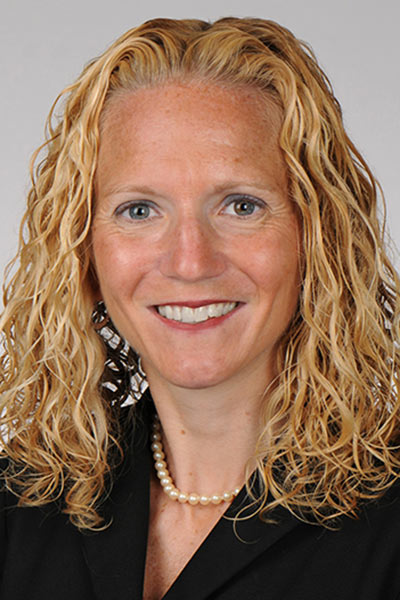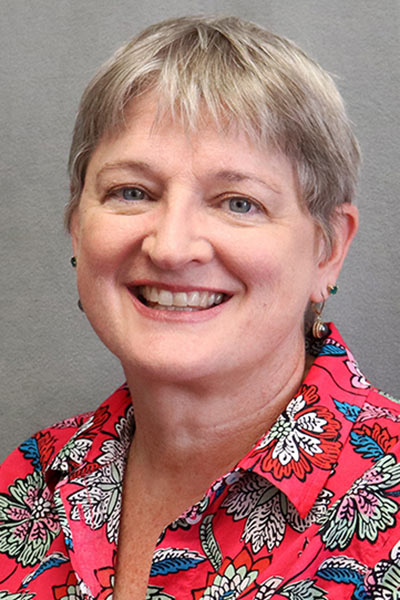From improving access to care to simplifying insulin management, the advancement of diabetes technology has undoubtedly had a profound impact on patient care.

The symposium How Diabetes Technology is Changing Diabetes Care in the Real World will explore technologies and programs that could help patients better manage their treatments, provide beneficial data to care teams, and grant patients better access to care. The session takes place on Monday, June 24, from 1:30 p.m. – 3:00 p.m. ET in Room W311 of the Orange County Convention Center.
Emily E. Johnson, PhD, Associate Professor in the College of Nursing at the Medical University of South Carolina, will discuss remote patient monitoring, which allows patients to use a device to submit blood glucose readings without a clinic visit. Remote monitoring cuts down on the amount of time needed to go to a clinic and ensures patients receive more stable monitoring. This program can be of particular value to patients in rural areas who don’t have equal access to health care resources.
Dr. Johnson will also discuss logistics and challenges that she says are key to developing strategies for the long-term adoption and sustainability of remote patient monitoring.
“I believe in the upcoming months and years, remote patient monitoring and care via telehealth is going to continue to expand,” Dr. Johnson said. “It is really important to understand the facilitators and barriers to increasing access to these programs to continue to provide the highest level of access to the best quality health care.”

Janice MacLeod, MA, RD, CDCES, FADCES, Janice MacLeod Consulting, will speak about connected insulin pens and caps and how they facilitate precision insulin management for injection therapy. These smart technologies can help improve care and address a variety of challenges, such as missed, mistimed, and mismatched doses.
“It better supports individuals in their daily self-care, but it also provides data for the care team so they can assess how well patients are doing following their insulin therapy plan, and then address any barriers to taking the insulin, and, if the individual is taking their insulin as planned, see how to adjust the insulin,” MacLeod said. “These connected insulin injection technologies are shining the spotlight on injection therapy, revealing both gaps and opportunities to improve care for this population.”
Caitlin Nass, MSN, CRNP, University of Maryland Baltimore Washington Medical Center, will discuss continuous glucose monitoring (CGM) in primary care settings. CGM provides real-time updates to patients and has been found to improve diabetes self-management and help patients lower their A1Cs.

“It is vital that patients be initiated by primary care providers because that’s where 85% of patients are actually getting all of their diabetes care,” Nass said.
Her presentation will emphasize the importance of CGM use and strategies to implement the monitors in a primary care practice, so patients and providers can benefit from the technology.
It is challenging to navigate the insurance coverage for CGM, including any required prior authorization and patient eligibility, Nass explained.
“Primary care providers want to be doing this, but they need support that doesn’t currently exist in a lot of places,” she said.
Nass will also highlight some of the challenges and disparities that need to be overcome to increase the wider use of CGM in primary care.
“Research has shown us that if you’re African American or Latino, you’re less likely to be using technology,” Nass said. “Endocrinology practices have had to come up with their own process to make sure that patients are being viewed objectively in terms of the appropriateness of recommendation and use and come up with tactics to ensure that patients are being educated and offered technology systematically.”
For those unable to attend the 84th Scientific Sessions in person, this session will be available on-demand on the virtual meeting platform following the meeting for registered participants.
Get On-Demand Access to the Scientific Sessions
There is still time to register for on-demand access to learn about the latest advances in diabetes research, prevention, and care presented at the 84th Scientific Sessions. Select session recordings will be available through Aug. 26.